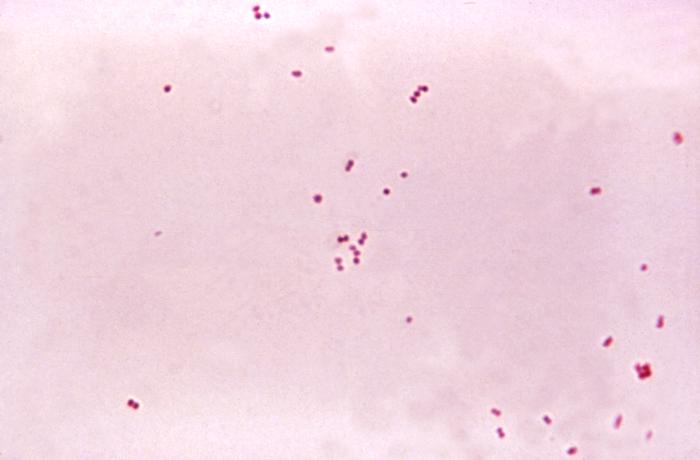Spokane County health officials report investigating a case of Neisseria meningitidis, also known as meningococcal disease or meningitis, in a hospitalized female student who attends Sacajawea Middle School.

“We never want to see any of our students or families have to go through something like this. We continue to keep this student and her family in our hearts and thoughts,” said Brian Coddington, Spokane Public Schools (SPS) community relations director. “Also, we know this news may cause unease among other students and families and that is understandable. We want to reiterate that no other cases have been identified and there is very low risk that others will become sick.”
Notifications were already sent via email to all Sacajawea families and staff containing information about the disease.
“Also, public health has already been in contact with family and close contacts of the student as part of its investigation. In addition to ensuring they are aware of the very small risk of getting sick, we also make sure they are up to date on their vaccinations,” said Dr. Bob Lutz, SRHD health officer. “If close contact occurred—where saliva droplets may have been shared—we recommend these individuals look for meningitis signs and symptoms and contact their healthcare provider with any questions or concerns.”
No other cases have been identified and risk of the disease spreading to others remains very low.
Meningococcal disease is a contagious infection that can be very serious. It may cause infection of the covering of the spinal cord, bacteria in the blood or pneumonia. It is spread by close contact, such as living with or kissing an infected person. Disease outbreaks typically occur in communities, schools, colleges and other high-risk populations.
Symptoms of meningitis include, but are not limited to, a sudden onset of fever, headache, stiff neck, confusion and sometimes a rash. Quick medical attention is important if meningococcal disease is suspected. Individuals with concerns should contact their healthcare provider.
Centers for Disease Control and Prevention recommends vaccination with a meningococcal conjugate vaccine for all preteens and teens at 11 to 12 years old, with a booster dose at 16 years old. Teens and young adults (16 through 23 years old) also may be vaccinated with a serogroup B meningococcal vaccine.
Related:
- Salmonella alert issued over Darwin’s Natural Pet Products raw dog food
- Organ donation: A look at some bioethical issues with Sigrid Fry-Revere, JD, PhD
- Vietnam: African Swine Fever has spread to 21 provinces
- Brooklyn measles outbreak tops 200
- The cost of not getting vaccinated: The numbers can really add up!
- Michigan measles outbreak rises to 22 cases
- MS drug, Mayzent, receives FDA approval
- IDSA: Matt Bevin supporting deliberate exposure of children to chickenpox ‘gravely concerning’
- Rockland County: State of Emergency declared over measles outbreak



One thought on “Spokane: Meningococcal meningitis case reported in Sacajawea Middle School student”